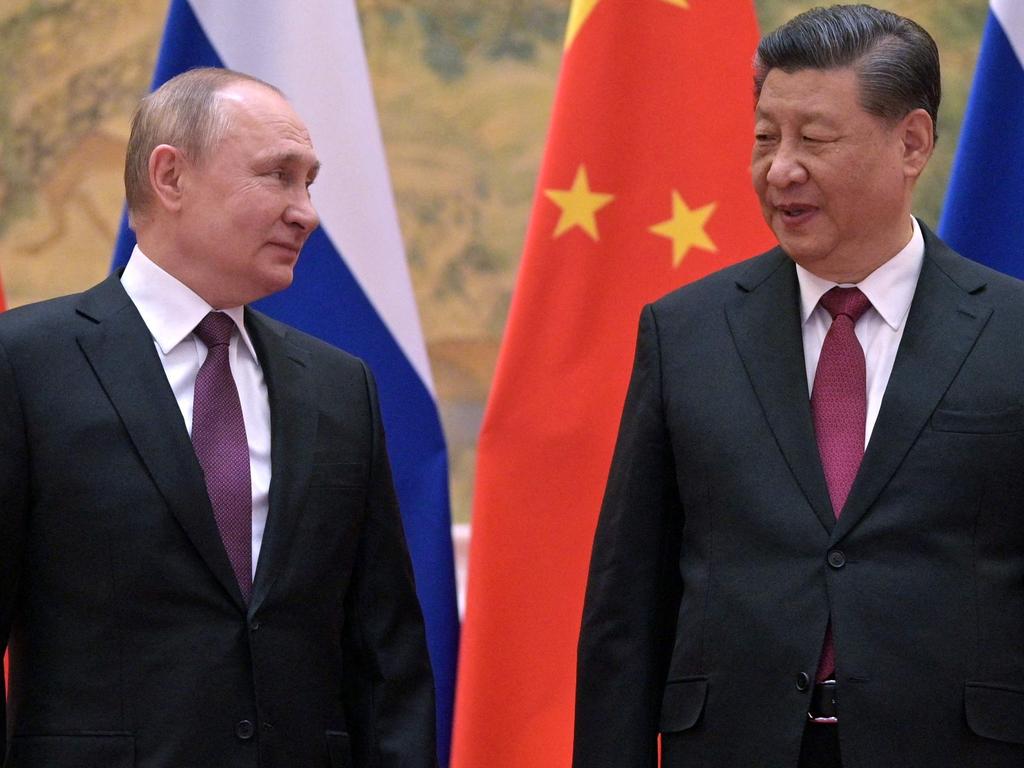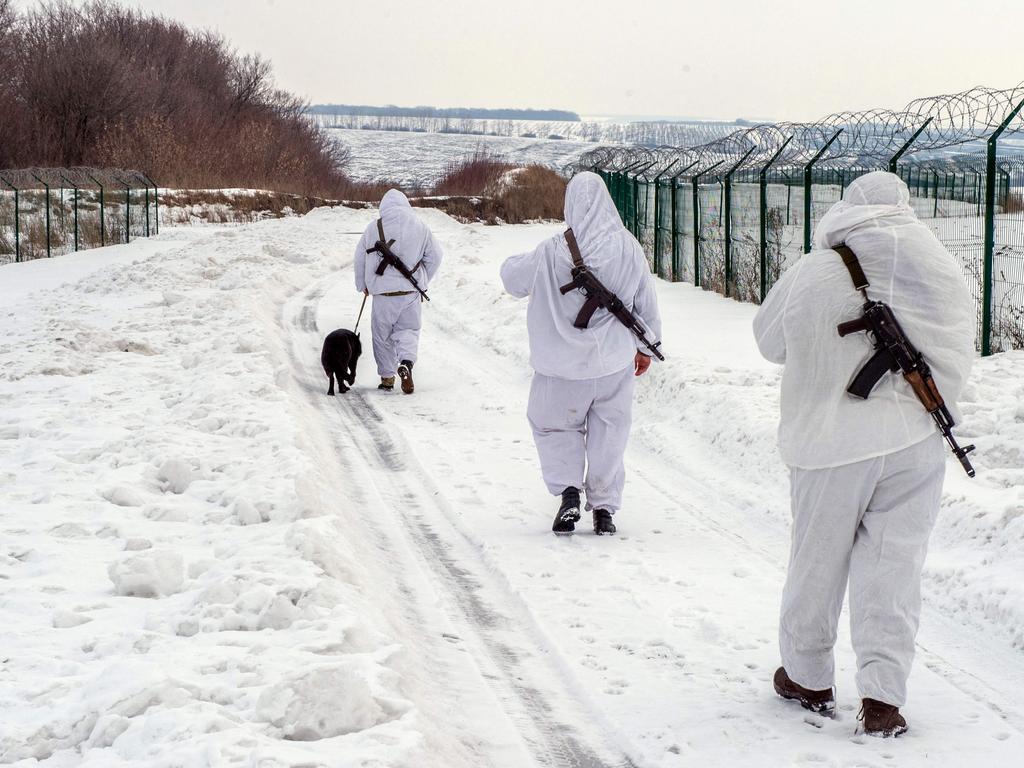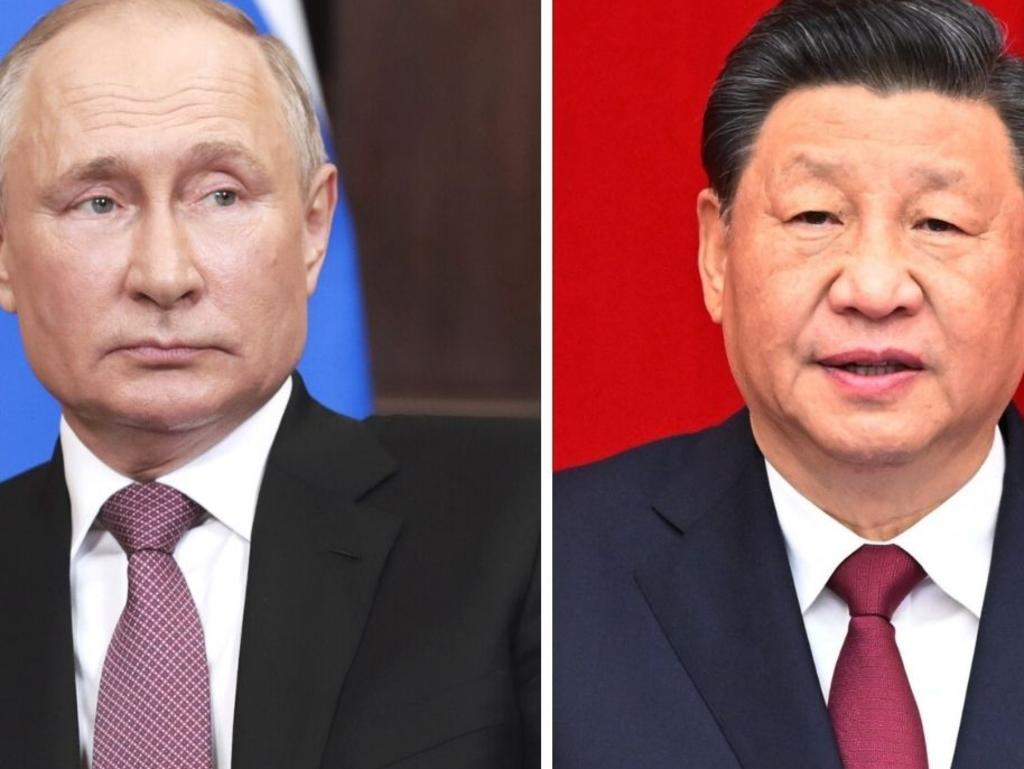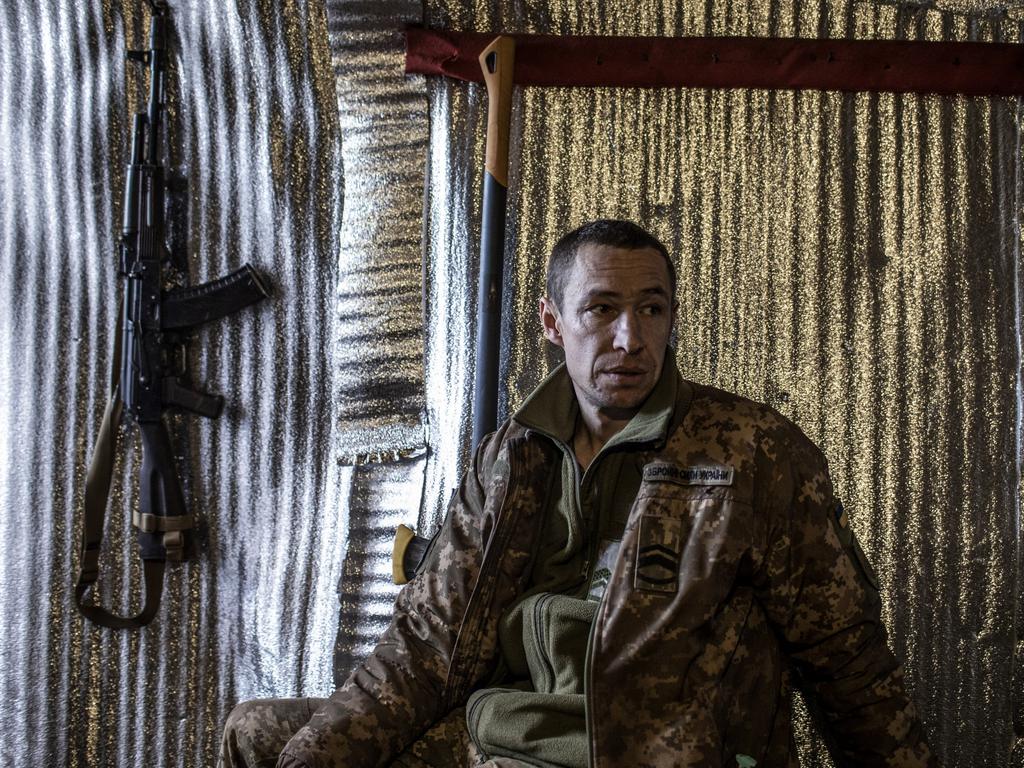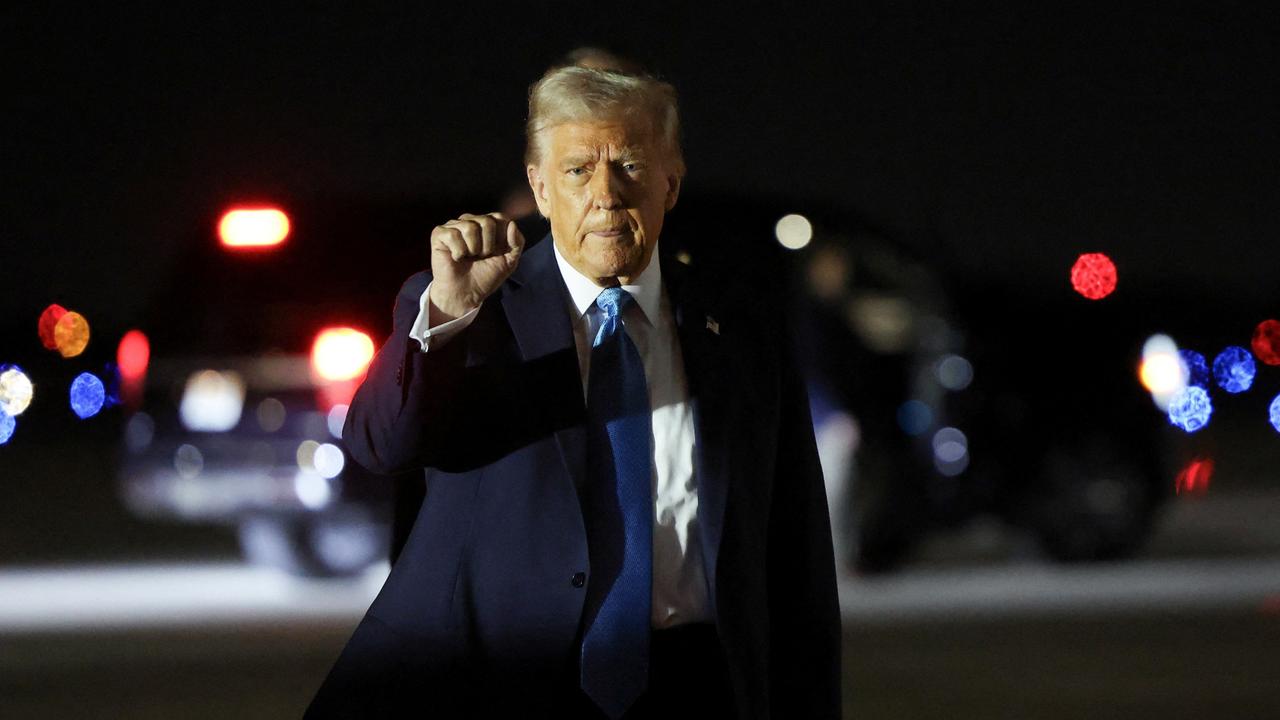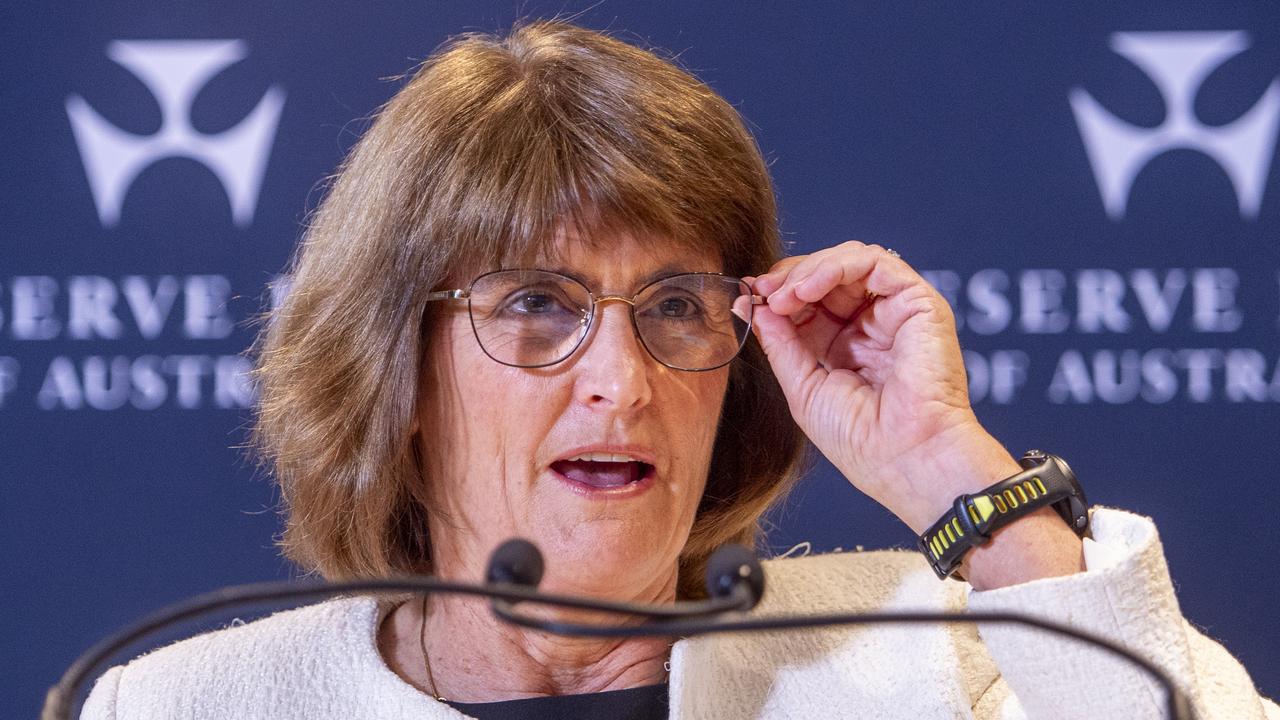After early foreign policy missteps, Biden’s Ukraine strategy leans on diplomacy
Allies say the Biden administration has changed its approach following the mishandled Australia submarine deal and withdrawal from Afghanistan.
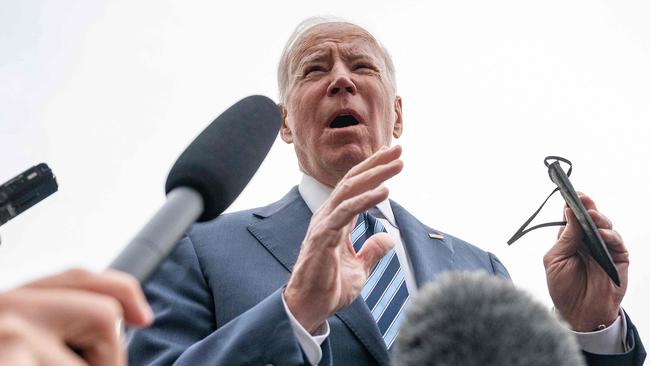
President Biden’s response to Russia’s military aggression along the border with Ukraine is testing whether his career-long reliance on alliance-building can help avert a potential catastrophe in Europe, and so far he has avoided the diplomatic mistakes that dogged his first year in office.
Mr. Biden has deployed U.S. troops to strengthen America’s defence of NATO nations and stepped up intelligence-sharing about Russia’s activities near Ukraine to keep European allies on board with his strategy of threatening severe economic sanctions on Moscow in the event of an invasion.
Russia has kept in place a force estimated to be as much as 150,000, and expelled the No. 2 U.S. diplomat from Moscow. Mr. Biden said Thursday that the threat of an invasion was “very high,” though he remained hopeful that a diplomatic pathway still existed.
European officials have praised Mr. Biden’s approach, a change from last year, when they faulted the administration’s chaotic handling of the withdrawal of U.S. troops from Afghanistan. Mr. Biden also struck a submarine deal with Australia and the United Kingdom that infuriated France, causing a diplomatic rift that took months to repair.
The administration has sought to keep Russian President Vladimir Putin off-balance, releasing information about potential Russian military tactics, troop movements and even suspected invasion plans. The administration has scrambled to bolster military aid to Ukraine, while taking pains to say that no U.S. troops would enter Ukraine, and while moving a handful of National Guardsmen out of the country.
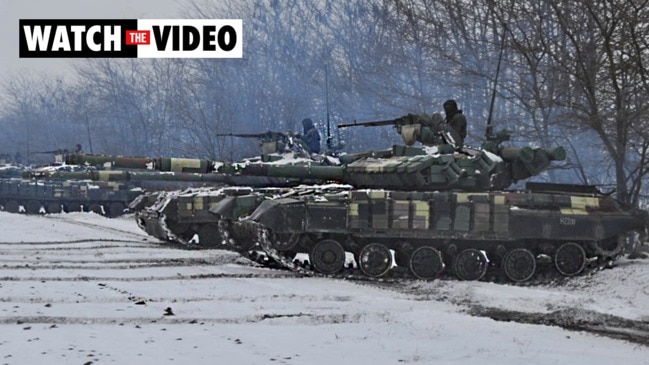
Mr. Biden has said he would use economic sanctions against Russia to “put intense pressure on their largest and most significant financial institutions and key industries” should Mr. Putin proceed with attacking Ukraine.
Senate Minority Leader Mitch McConnell (R., Ky.) and other Republicans have urged Mr. Biden to impose pre-emptive sanctions ahead of any invasion, saying the administration has the ability to act quickly. The administration says that wouldn’t serve as a deterrent.
“He was right to emphasise that the world will not shrug or stand idly by if Vladimir Putin tries to invade his neighbour,” Mr. McConnell said Wednesday in response to remarks Mr. Biden made a day earlier.
After failing to reach an agreement on sanctions, a bipartisan group of senators unveiled a resolution Thursday encouraging unity among NATO allies and pushing the U.S. to “exhaust all tools at its disposal to impose significant costs” on Russia should an invasion occur.
Mr. Biden arrived at the White House more than a year ago determined to reset relations with America’s allies following former President Donald Trump’s more strained relationship with key allies like Germany and France.
Yet some allies, including the U.K., expressed dismay that Mr. Biden made a unilateral decision to leave Afghanistan last year, and the ensuing withdrawal left many angry at the U.S. Some officials have said the instinct by the Biden administration to share intelligence and information with them about Ukraine was in contrast to the period leading up to the decision to leave Afghanistan. European officials also say they appreciate that the Biden administration has reached out to European Union officials in Brussels, as well as to the national capitals.
Late last week, as the Biden administration prepared to warn that an invasion could come within days and point to Feb. 16 as a potential target date, Mr. Biden stressed to members of his team the need to share that information with allies, according to two White House officials familiar with the discussions.
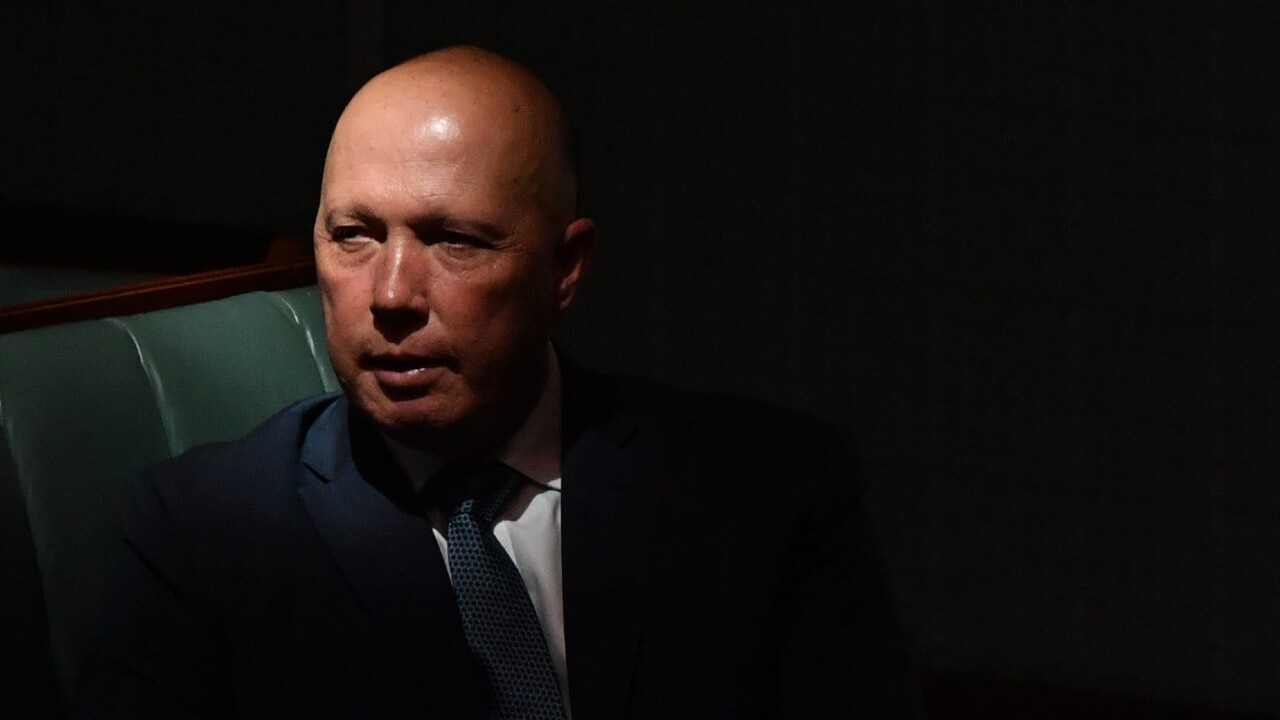
In recent days, Mr. Biden has held calls with French President Emmanuel Macron, British Prime Minister Boris Johnson and German Chancellor Olaf Scholz, who met Tuesday in Moscow with Mr. Putin. The president spoke with Mr. Putin last weekend, warning of “swift and severe costs” of an invasion.
Britain has used the tension with Russia to reaffirm its status as the U.S.’s closest ally in Europe. On Wednesday, the government said it was doubling the number of personnel in Estonia starting Wednesday – joining the U.S. in bolstering defences in nearby NATO countries – and also sending additional military equipment, including tanks and armoured fighting vehicles.
Mr. Biden’s decision to declassify information about Russia’s potential use of fake Ukrainian provocations and disinformation to justify an attack, and the movement of Russian troops and potential attack plans, has been a key element of the administration’s attempt to prevent an invasion, White House officials said. National security adviser Jake Sullivan, who served as a top adviser to then-Vice President Biden in 2014 when Russia annexed Crimea, has been a driver of that approach, the officials said. Administration officials have vowed to be better prepared than in 2014 and have noted that contingency planning began in November.
“Following the 2014 invasion and annexation of Crimea and the actions in the Donbas, and then following the 2016 interference in our election, I would argue we did not respond forcefully enough,” said Sen. Chris Coons (D., Del.), a longtime Biden friend and a member of the Senate Foreign Relations Committee.
One point of tension at home and abroad has been the Nord Stream 2 pipeline, which is intended to carry natural gas from Russia to Germany. Mr. Biden said unequivocally earlier this month at a press conference alongside the German chancellor that the pipeline would be suspended if Russia invades Ukraine. Mr. Scholz didn’t explicitly say the project would be halted but didn’t contradict Mr. Biden.

Republicans in Congress say Mr. Biden should have done more to halt the pipeline. “We should have seen stronger resolve coming from the president before now. And maybe we could have thwarted some of this,” said Sen. Joni Ernst (R., Iowa). “And so now we just have to keep encouraging Putin not to invade.” The U.S. decision to evacuate and close its embassy in Ukraine has also drawn some critics. Ukrainian officials have complained the removal of diplomats is giving the impression that the capital is about to fall.
Mr. Biden said in his remarks Tuesday a Russian invasion of Ukraine wouldn’t be “painless” to Americans, noting the possible impact on energy prices. He wanted to make sure he emphasised how a Russian invasion might affect the American public, one administration official said.
The president has been focused on preparations for imposing sanctions in the event Russia invades Ukraine, quizzing advisers on individual components of sanction packages and how they would be sequenced in the event of an incursion, people familiar with the conversations said.
Laurence Norman in Berlin, Max Colchester in London and Catherine Lucey, Lindsay Wise and Vivian Salama in Washington contributed to this article.
The Wall Street Journal

